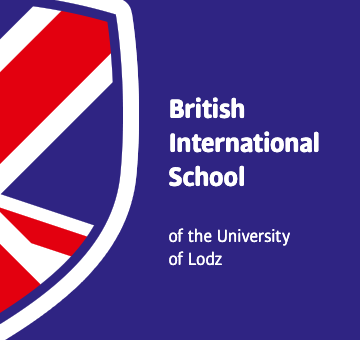Questions and Answers
What is the value of the IB Diploma Programme?
The IB DP is not just about what you learn – it also about who you become as you learn. The IB has set out the characteristics of a student who will be successful in their programmes in the ‘IB Learner Profile’. You will never be ‘assessed’ on the learner profile, but you should keep it in mind as you learn, and think about how it informs the different ways in which you learn. IB learners strive to be Inquirers, Knowledgeable, Thinkers, Communicators, Principled, Open-minded, Caring, Risk-takers, Balanced and Reflective.
Is the IB Diploma Programme very demanding?
The IB Diploma requires more than just in-depth knowledge of the subjects you study. It is recognised worldwide as strong preparation for the kinds of thinking skills and problem-solving tools you will need to demonstrate at university and beyond in your career.
Let’s be clear about this if you want to gain the most from your learning, and achieve your fullpotential, you will not be able to do it just by cramming for exams at the end of the two years. The IB Diploma is a continuous programme, and your performance from day one of Year 12 will influence the outcome on graduation day of Year 13. A really good education like the IB DP does not come as a‘package’ you can buy ‘off the shelf’ – rather, you should see the next two years as a series of opportunities that you are fortunate to have, and actively encouraged to take.
Where will the IB Diploma take me?
The IB Diploma is also intended as a pre-university qualification. This means that its academic standards are set to meet the requirements of study at degree level. The Universities around the globe know and appreciate the value of the IB DP. Once you are awarded a Diploma, you can continue your education at almost any University in the world!
How do I know whether the IB Diploma is recognised in my country?
The IB Diploma is given formal equivalency to national examinations in most parts of the world. To check up-to-date details for your country of interest, refer to http://www.ibo.org/country/ Somecountries require that the IB Diploma is ‘notarised’ or ‘legalised’ in their consulate in Geneva,Switzerland (where the IB headquarters are based). Where this is the case, the IB offers a legalization service at a small additional cost.
How can I become an IB DP student at the British International School?
From our perspective, the most critical factors in the admissions process is the student’s consciouschoice for BISUL`s IB DP. It is also fundamental that BISUL`s Admissions Team believes that IB DP is the best option for that candidate. Through its Admissions Policy, BISUL aims to ensure that students are placed into courses which are both challenging and manageable to support their academic and personal success. To this end, our school has a set of basic prerequisites for candidates applying to our IB Diploma Programme.
What is the structure of the IB Diploma Programme?
A candidate in the Diploma Programme has to fulfil the requirements of 3 Core elements and pass exams in 6 subjects.
We are offering the following subjects:
– Group 1. First language:
English language and literature
Polish Literature
– Group 2. Second language:
Spanish SL & HL
Spanish Ab Initio
English SL & HL
– Group 3
Geography
History
Business management
– Group 4
Biology
Physics
Chemistry
– Group 5. Mathematics
– Group 6. One subject selected from: Geography, History, Business management, Biology, Physics, Chemistry (you can`t select the same subject twice).
Students will take 3 subjects at higher level (HL) and 3 subjects at standard level (SL). HL and SL courses differ in scope but are measured according to the same grade descriptors, with students expected to demonstrate a greater body of knowledge, understanding and skills at higher level. Standard level subjects take up 150 teaching hours. Higher level comprises 240 teaching hours.
Is it possible to study fewer subjects or to drop core components?
Yes, you may choose to study fewer subjects. However, this will NOT lead you to the IB Diploma. The same rule applies to the Core components, which are obligatory if you strive for a Diploma. However, if you decide to drop some subjects or not to do the Core, you can still take exams in other IB DP courses. The IB will issue a certificate confirming your score only in those subjects that you have taken. The certificate that you will receive is recognized by some universities in the world. It is highly recommended that you check the university admissions policy before you decide to study separate subjects (called Courses) in the IB DP. Before any decisions are taken, you definitely should discuss it with the IB Coordinator.
How are the Diploma grades awarded?
The grades are awarded according to the 1-7 grading scale. The IB uses several ways to assess your knowledge and understanding of the subjects. Each subject is tested through a number of different elements, or components. Exams are taken at the end of your programme of study, and the answers are marked by examiners (External Assessment). As well as exams, you also complete assessment tasks within your school. These assignments are either internally assessed, that is, they are marked by your teachers and then moderated by IB examiners, or externally assessed, meaning they are sent directly to examiners to be marked.
What are the core elements?
The IB DP core elements are Theory of Knowledge (ToK), Extended Essay (EE) and Creativity, Activity, Service (CAS).
Theory of Knowledge
Theory of Knowledge is a space in the programme in which students are encouraged to reflect on their own learning. It concerns the ways in which we know, the extent and limitations of our knowledge, and the different kinds of knowledge produced by different subject methodologies. The course is taught by a ToK teacher and takes 100 hours. Many ToK elements are also present in other subjects. Theory of knowledge is assessed through written essays, and a visual presentation (exhibition).
The Extended Essay
The Extended Essay is an opportunity to deepen and enrich your understanding of a subject. You choose the question and then work on the essay in your own time, with guidance and advice from a teacher supervisor. The essay is a major piece of written work – up to 4000 words long – and a real chance to express yourself! The Extended Essay is one of the most important components of the IB Diploma Programme. However, there is no need to worry about it beforehand. You will receive help from your teacher-supervisor and you will learn much more details form a specially designed EE Handbook, which is going to be available in September.
Creativity, Activity and Service (CAS)
Creativity, Activity and Service is a way for you to use your learning in the IB DP to make a difference– both to yourself, to your community, and to the world at large. You will be encouraged to choose and then develop your own projects. You are expected to be creative, active and help the others. There is no grade for CAS, however you will be monitored and advised by a CAS supervisor.
CAS is obligatory to all IB learners and lasts at least 18 months. It will engage students weekly in CAS experiences and project. These should fit within one or more of the CAS strands, be enjoyable, meaningful and developing.
All CAS activities must meet these four criteria:
- Real, purposeful activity, with significant outcome
- Personal challenge – tasks must extend the student and be achievable in scope
- Thoughtful consideration, such as planning, reviewing progress and reporting
- Reflection on outcome and personal learning.
Examples of CAS experiences:
- Team sport
- Fundraising run
- Hiking expedition
- Teach sports to kids
- Learn to play a musical instrument
- Create a mural
- Design a website
- Tutoring
- Forest clean-up
- Volunteer in the nursery or dog shelter
There are no assessments or tests as this part is concentrated on activities and reflection. There will be a short meeting every month and 3 formal interviews focused on assessing your progress, assist you with your plans. You should maintain a CAS portfolio and keep records of your experiences and reflections. It could be a diary, a blog, a photo album or a video.
The core elements can give you up to 3 extra credits to your final Diploma score. The points are awarded according to the Diploma points matrix.




